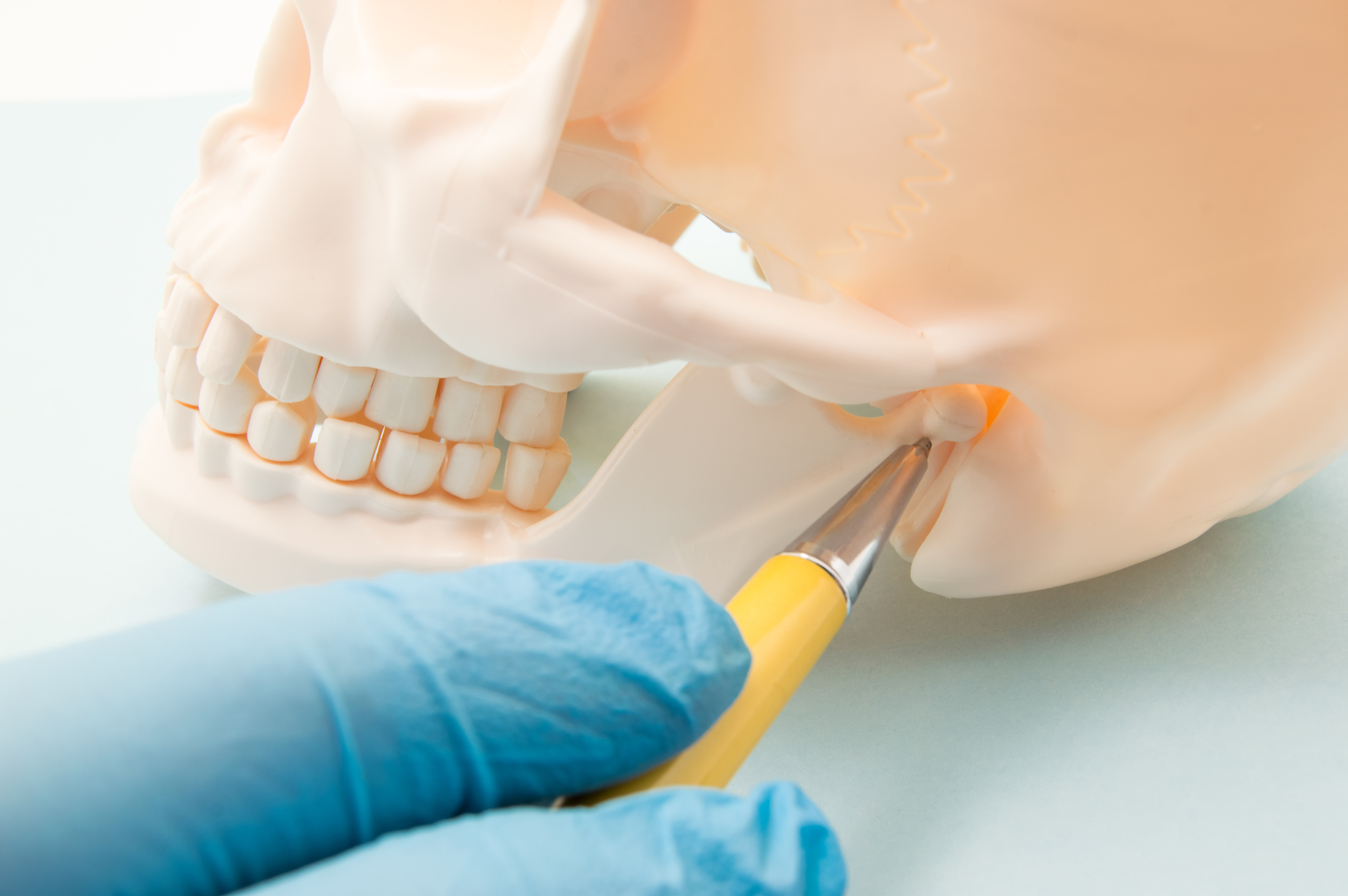
Living with Temporomandibular Joint (TMJ) disease can be challenging, but there are ways to manage the condition and improve your quality of life. Here are some strategies and tips for living with TMJ disease:
- Educate Yourself: Learn about TMJ disease, its causes, symptoms, and treatment options. Understanding the condition can help you make informed decisions about managing your symptoms.
- Consult with a Healthcare Professional: It’s crucial to consult with a healthcare professional experienced in TMJ disorders, such as a dentist or an oral and maxillofacial specialist. They can evaluate your condition, provide an accurate diagnosis, and recommend appropriate treatment options.
- Follow Treatment Plan: Work closely with your healthcare professional to develop a comprehensive treatment plan tailored to your specific needs. This may involve a combination of therapies such as medication, physical therapy, splint therapy, or even surgery in severe cases. Adhere to the prescribed treatment plan and attend follow-up appointments regularly.
- Manage Pain: TMJ disease often causes pain and discomfort. Over-the-counter pain relievers like acetaminophen or nonsteroidal anti-inflammatory drugs (NSAIDs) can help alleviate mild to moderate pain. However, consult your healthcare professional before taking any medication, as they can recommend the most suitable options for you.
- Apply Heat or Cold: Applying a warm or cold compress to the affected area can help reduce pain and swelling. Experiment with both heat and cold to determine which provides the most relief for you. Remember to use a cloth or towel to protect your skin from extreme temperatures.
- Practice Relaxation Techniques: Stress and tension can aggravate TMJ symptoms. Engaging in relaxation techniques like deep breathing exercises, meditation, or yoga can help alleviate stress and promote relaxation, potentially reducing the frequency and intensity of TMJ flare-ups.
- Avoid Trigger Foods: Some foods can exacerbate TMJ symptoms by requiring excessive jaw movement or putting stress on the temporomandibular joint. Foods that are hard, chewy, sticky, or require extensive jaw movements should be avoided or consumed in moderation.
- Practice Good Posture: Maintaining good posture can reduce strain on the jaw and neck muscles, potentially easing TMJ symptoms. Avoid slouching and try to sit and stand with your head aligned over your shoulders.
- Modify Jaw Movements: Be mindful of your jaw movements throughout the day. Avoid excessive jaw clenching, teeth grinding, or biting on hard objects like pencils or fingernails. Minimize yawning, gum chewing, and wide mouth opening whenever possible.
- Seek Support: Living with TMJ disease can be emotionally challenging. Seek support from friends, family, or support groups where you can share experiences, find empathy, and gain coping strategies.
Remember, each individual’s experience with TMJ disease is unique, and what works for one person may not work for another. It’s essential to work closely with your healthcare professional to find the most suitable management strategies for your specific condition.
See More on Video

The TMJ No More By Christian Goodman In this eBook the author has shared he has shared his experiences while treating his 12 years old chronic problems of severe tinnitus and TMJ disorders. He has enabled thousands of people all over the world, regardless of their gender, by teaching them how to get rid of their disorders related to TMJ faster than your expectations without using any drugs, mouth guards to splints or facing the risk of any surgery.